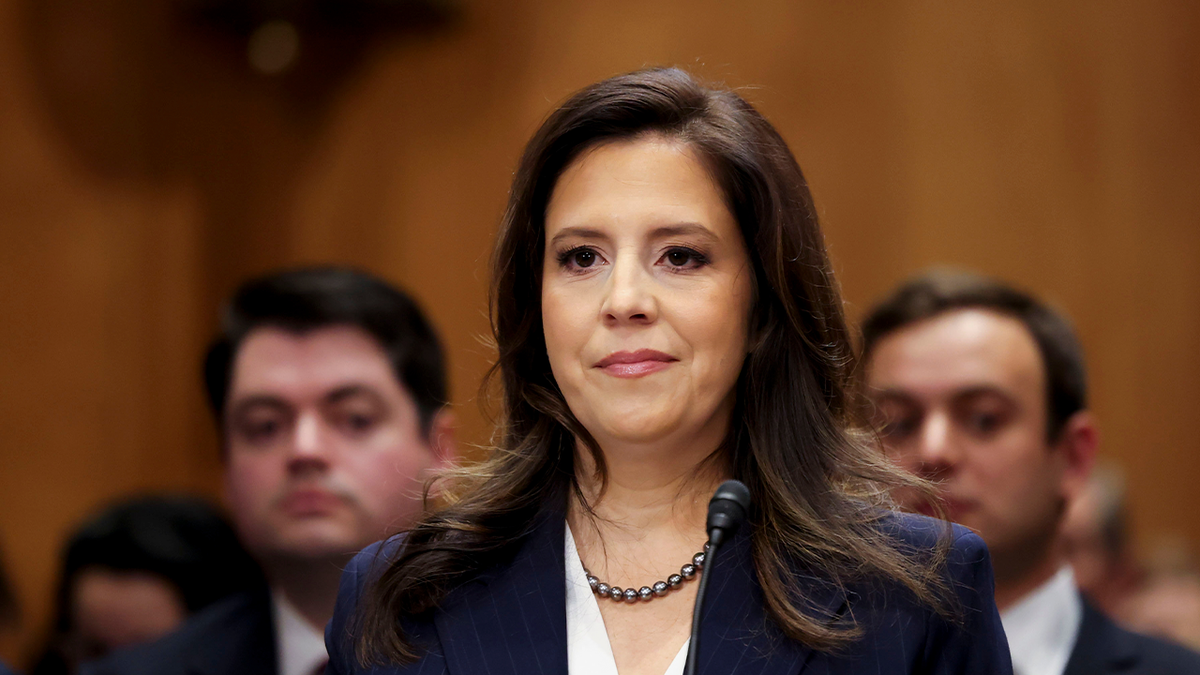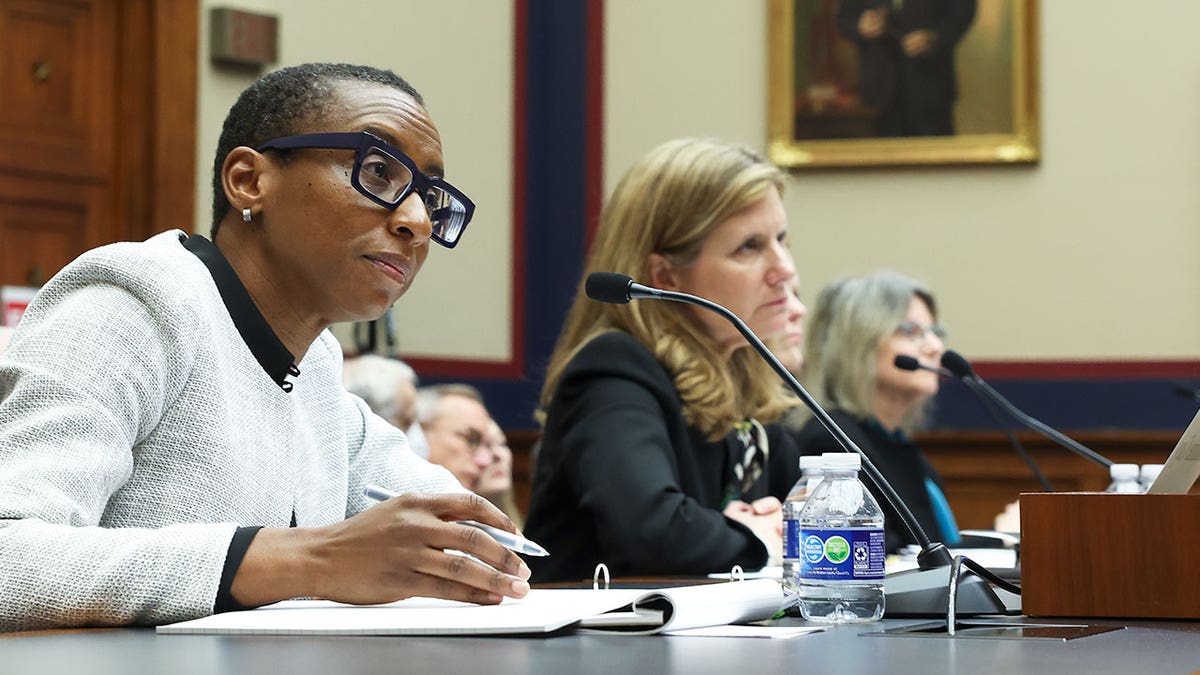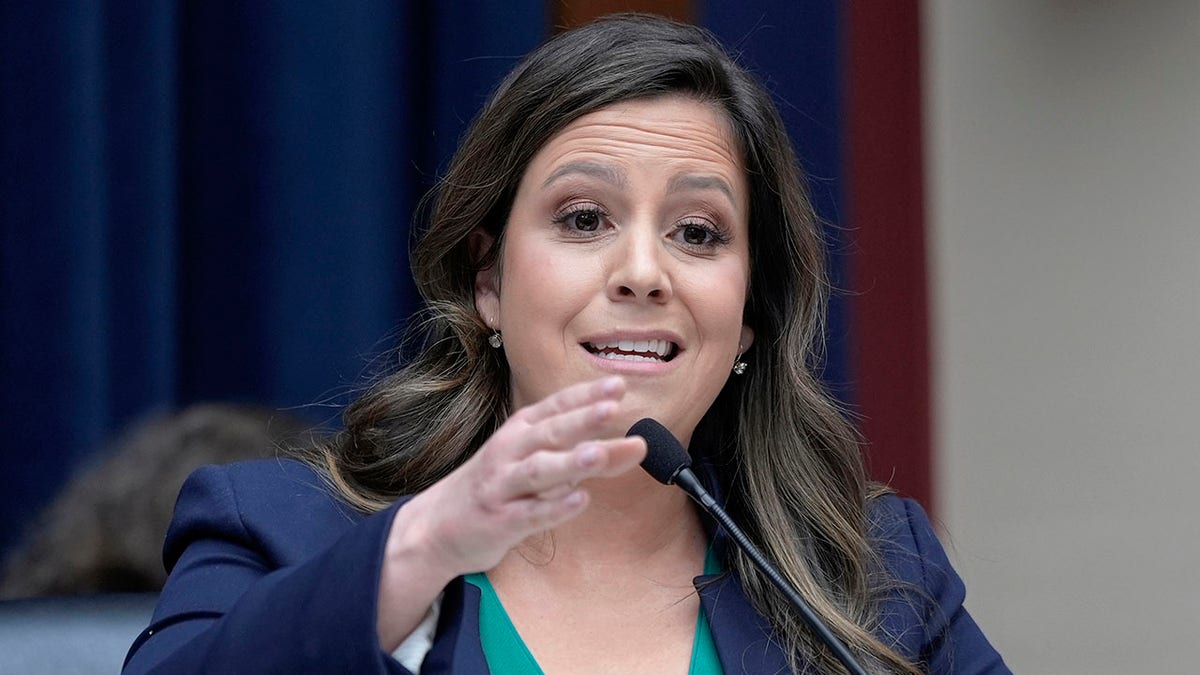During her Senate confirmation hearing for the role of UN Ambassador, Rep. Elise Stefanik emphasized her rigorous questioning of university administrators regarding campus antisemitism. She described the hearings as a pivotal moment, bringing to light what she called the "antisemitic rot" within American higher education institutions.
Stefanik stated that her congressional oversight work resulted in highly viewed testimony, reaching a global audience and exposing the issue of antisemitism on college campuses. Since 2023, she has consistently challenged university leaders on their handling of antisemitism, particularly in the aftermath of the Hamas attack on Israel in October 2023 and the subsequent rise in antisemitic incidents and student protests across universities.

One of the most prominent instances of Stefanik's questioning involved administrators from Ivy League universities, including her alma mater, Harvard, in December 2023. She pressed them on whether rhetoric promoting the genocide of Jewish people violated their institutions' codes of conduct. The responses she received were characterized as ambiguous and evasive.

For example, then-Harvard President Claudine Gay responded that such rhetoric "can be" a violation, "depending on the context." When pressed for a direct yes or no answer, Gay elaborated that antisemitic speech becomes actionable when it constitutes bullying, harassment, or intimidation.

Following the widespread circulation of footage from these exchanges, both Gay and then-Penn President Liz Magill resigned from their positions. Stefanik, nominated by former President Trump for the UN ambassadorship, stated that Trump believes the UN can be a positive force if it refocuses on its core mission of promoting international peace and security.

In her opening remarks, Stefanik conveyed Trump's vision for a UN dedicated to global peace and security, echoing his long-standing advocacy against new wars.
Comments(0)
Top Comments